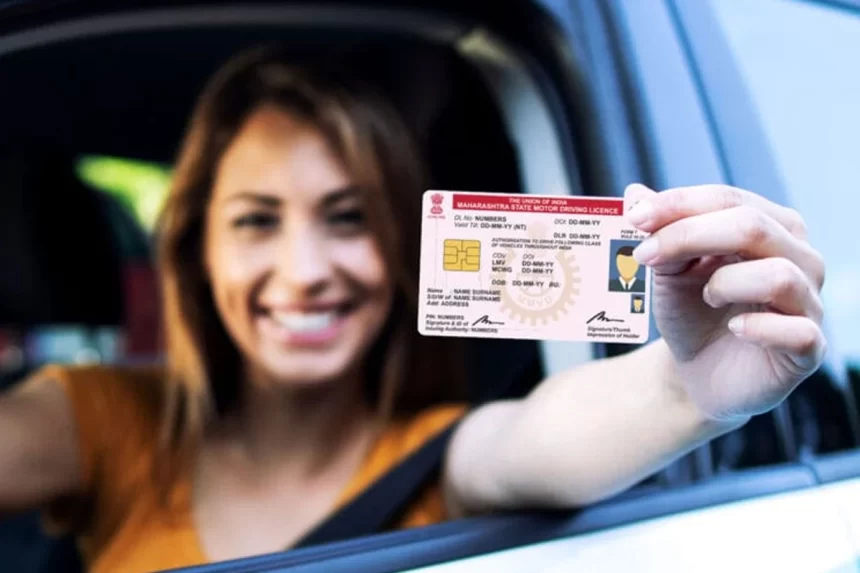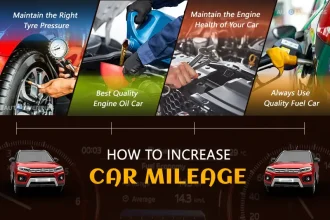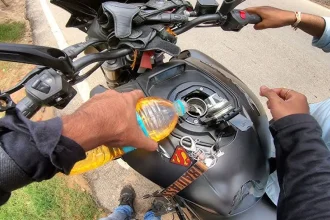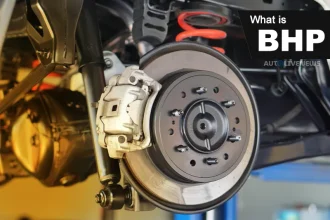India’s transport system is ever-evolving, and with that comes constant updates to road safety and driving regulations. One crucial aspect that has seen significant reforms in recent years is the process of obtaining and renewing driving licenses. To improve safety, accountability, and transparency, the Ministry of Road Transport and Highways (MoRTH) has introduced a set of new rules governing driving licenses in India. Whether you’re a first-time applicant or renewing your license, it’s essential to know these updates.
In this blog post, we will take an in-depth look at the new rules for driving licenses in India. These reforms are aimed at making the licensing process more efficient and safer for all road users.
Also read: why car insurance is mandatory in India
Introduction
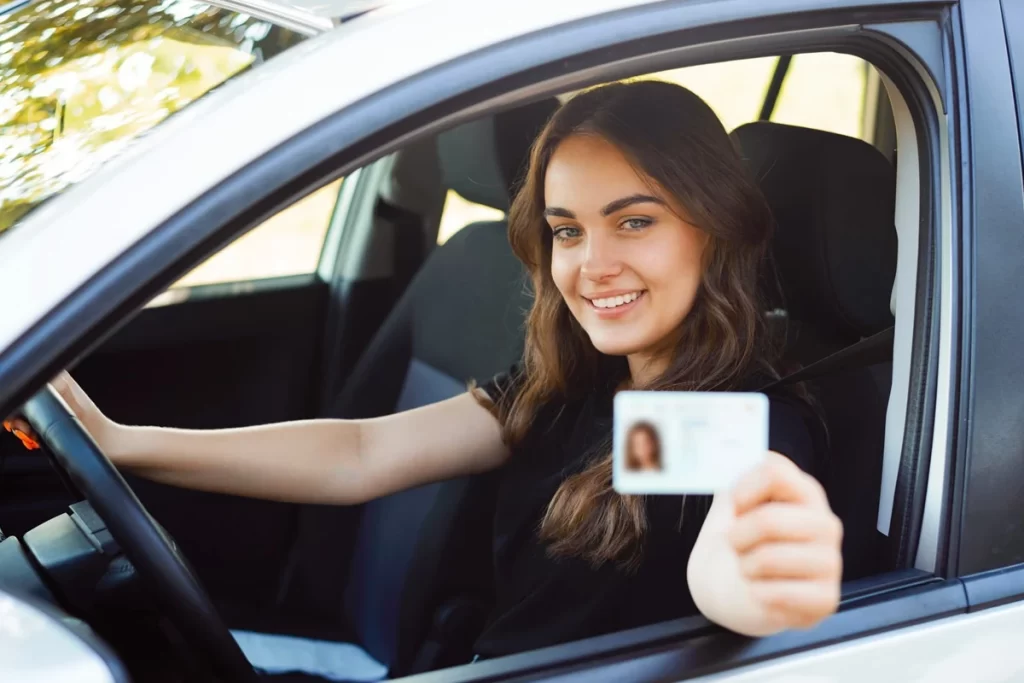
Driving is a crucial life skill, and in India, obtaining a driving license is a necessary legal requirement to operate any motor vehicle. With over 300 million vehicles on Indian roads, it’s no wonder that ensuring road safety through stringent licensing laws has become more critical than ever. The question most Indian citizens now ask is, “What are the new rules for driving licenses in India?”
These updated rules reflect the government’s emphasis on minimizing accidents, improving driving standards, and using technology for better governance.
What Are the New Rules for Driving Licenses in India?
The Ministry of Road Transport and Highways has brought several reforms to the driving license issuance and renewal process. These reforms are designed to ensure that drivers are not just theoretically informed but also practically skilled and competent to handle vehicles on the road.
Here are some of the most important new rules for driving licenses in India:
No Need to Visit RTO for Driving Tests:
Previously, driving tests at Regional Transport Offices (RTOs) were mandatory for obtaining a driving license. However, under the new rules, applicants can skip this step if they complete their driving training from a recognized driving school. The government has accredited several driving training centers where applicants can receive their certificates after completing the required course.
This change was introduced to ease the burden on RTOs and minimize corruption in the system. Applicants who graduate from these authorized centers will be exempt from taking driving tests at RTOs.
Also read: best cars under 10 lakhs
Digital Application Process:
With digitization becoming an integral part of every sector, driving license applications can now be completed online. Whether you are applying for a learner’s license, permanent license, or renewal, most of the process is now digitized, reducing the need for multiple visits to RTO offices.
The digital process is more convenient and efficient, allowing applicants to upload their documents, book appointments, and track the status of their applications online.
Mandatory Driver Training for Commercial Licenses:
Another significant update in the new rules for driving licenses in India pertains to commercial vehicle drivers. The new rules emphasize the need for mandatory driver training for anyone applying for a commercial driving license. Applicants must complete training at an accredited driving school before they can apply for a license to operate commercial vehicles such as trucks, buses, and taxis.
This move is aimed at ensuring that commercial drivers are well-trained in handling heavy-duty vehicles, which play a crucial role in road safety.
Revised License Renewal Process:
Under the new rules, driving license renewal can now be done online, simplifying the process for drivers. The time window for renewing a license has also been expanded. Licenses can now be renewed up to one year before the expiry date and within one year after expiration. Drivers no longer need to worry about losing their license due to a missed deadline as the renewal process is more flexible.
Additionally, there’s a greater focus on age-related medical checks, especially for senior citizens renewing their licenses. Drivers above a certain age will be required to submit a medical fitness certificate when renewing their licenses.
Also read: Fastag new rules in India
Validity Period of Driving Licenses:
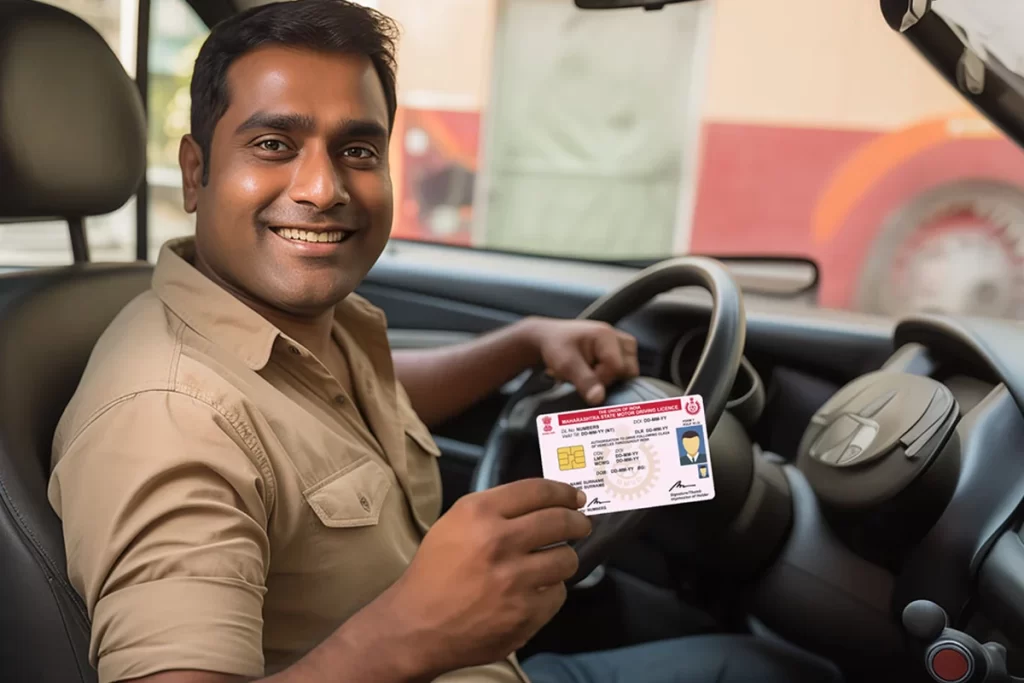
According to the new rules, the validity of driving licenses has been updated:
- For private vehicle licenses, the validity period is now 20 years from the date of issuance or until the license holder turns 50, whichever comes first.
- For commercial vehicle licenses, the validity has been capped at five years, with mandatory renewal every five years to ensure that the drivers meet the required standards for operating commercial vehicles safely.
Aadhaar-Based Verification:
To reduce identity fraud and make the licensing process more secure, Aadhaar-based verification is now a part of the new rules for driving licenses in India. Applicants are required to link their Aadhaar number with their driving license to verify their identity.
Centralized Database for License Holders:
One of the key highlights of the new rules for driving licenses in India is the introduction of a centralized digital database. This database will house information on all licensed drivers in the country, making it easier for authorities to track the issuance, renewal, and suspension of driving licenses.
Stringent Penalties for Violations:
The new rules also come with a significant focus on penalizing traffic offenders. Under the revised Motor Vehicles Act, hefty fines and stricter penalties are now in place for offenses such as driving without a valid license, using a fake license, or driving under the influence of alcohol or drugs.
Anyone found driving without a valid driving license could face heavy fines or even imprisonment. These stricter penalties are designed to ensure compliance with the new rules and to improve road safety.
Importance of the New Rules for Driving Licenses in India
With the rise in traffic accidents and road mishaps, these new rules are essential for improving road safety standards in India. By making the licensing process more transparent and accessible, the government aims to ensure that only qualified and well-trained individuals are allowed to drive.
Furthermore, by introducing penalties for non-compliance and digitizing the process, the government seeks to minimize corruption and streamline the overall experience for applicants.
Conclusion:
The new rules for driving licenses in India mark a significant step toward ensuring road safety and improving the driving standards in the country. Whether it’s through mandatory training, digitization, or stringent penalties, these updates are designed to make the roads safer for everyone.
If you’re planning to apply for or renew your driving license, it’s crucial to understand what are the new rules for driving licenses in India to stay compliant with the law. Adhering to these rules not only helps you avoid hefty fines but also ensures that you’re well-equipped to drive responsibly.
Frequently Asked Questions ( FAQs)
What are the new rules for driving licenses in India?
The new rules include mandatory training, a digital application process, extended license validity, and stringent penalties for violations.
Can I skip the driving test under the new rules?
Yes, if you complete training at an accredited driving school, you may be exempt from the driving test at the RTO.
What is the validity period for a private driving license under the new rules?
Private vehicle licenses are valid for 20 years or until the holder turns 50, whichever is earlier.
Are there new rules for commercial driving licenses?
Yes, commercial license applicants must complete mandatory training at accredited schools.
How does Aadhaar-based verification affect the licensing process?
Aadhaar-based verification ensures secure identity checks and reduces the risk of fraud.
What happens if I drive without a valid license under the new rules?
Driving without a valid license can result in hefty fines or imprisonment under the new regulations.
Can I renew my driving license online?
Yes, the new rules allow for online renewal of driving licenses.
Is there a penalty for holding multiple driving licenses in different states?
Yes, the new centralized database helps track such instances, and violators may face penalties.
How often do I need to renew my commercial driving license?
Commercial driving licenses must be renewed every five years.
What is the role of the centralized database for driving licenses?
The centralized database helps track the issuance, renewal, and suspension of licenses across the country.



